Southwest Airlines announced the launch of Southwest Airlines Renewable Ventures (SARV), a subsidiary focused on helping the airline achieve its sustainability goals by obtaining sustainable aviation fuel (SAF). Southwest also announced a $30 million investment in sustainable fuel technology company and producer LanzaJet.
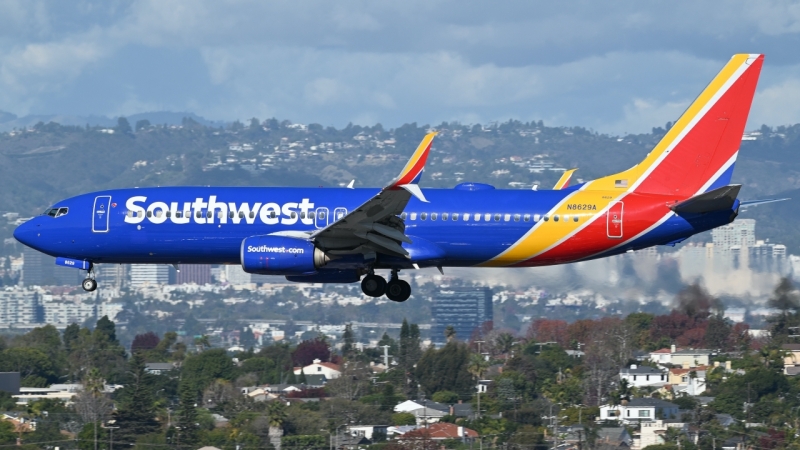
Southwest Airlines Renewable Ventures
Southwest views SARV as key to accomplishing its goal of having 10% of its total jet fuel consist of SAF by 2030. SARV will focus on managing the airline's SAF investment with the division's portfolio including companies that Southwest previously invested in, such as SAFFiRE Renewables (SAFFiRE). SAF offtake agreements will continue to be conducted through another division at Southwest.
SAFFiRE is an important stakeholder since the company's technology can create the cellulosic ethanol required for SAF production. The technology converts corn stover, a widely available agricultural residue feedstock, into cellulosic ethanol. SAFFiRE is one of the few companies that can conduct this process due to a license agreement and collaboration with the U.S. Department of Energy's National Renewable Energy Laboratory.
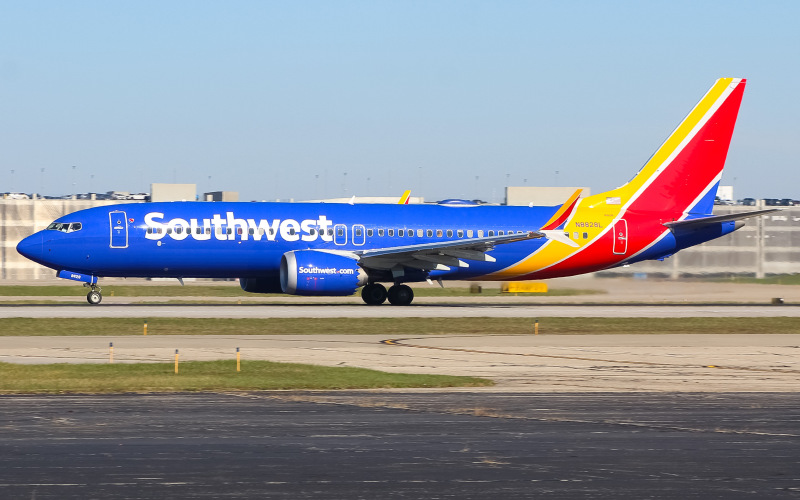
Tom Nealon, SARV's President and SAFFiRE's CEO, said about the launch of the subsidiary:
"SARV's goal is to help scale SAF through strategic investments, better positioning Southwest to have access to high quality, affordable SAF in accordance with the robust standards of Southwest's SAF policy. Through SARV's investment in LanzaJet, we're also entering the next phase in the commercialization of SAFFiRE technology, which is designed to support the production of cellulosic ethanol that can be converted to SAF."
SAF is one component of Southwest's Nonstop to Net Zero plan that outlines multiple steps towards reaching net zero carbon dioxide emissions by 2050. The other components include the following:
- Reducing single-use plastics from inflight service by 50% by weight by 2025 and eliminating them entirely (where feasible) by 2030.
- Saving 50 million incremental gallons of jet fuel by 2025 and 1.1 billion cumulative gallons by 2035.
- Electrify 50% of eligible ground support equipment by 2030.
- Diminishing emissions intensity by 50% by 2035.
- Shrinking the energy utilization index in its Dallas headquarters by 50% by 2035.
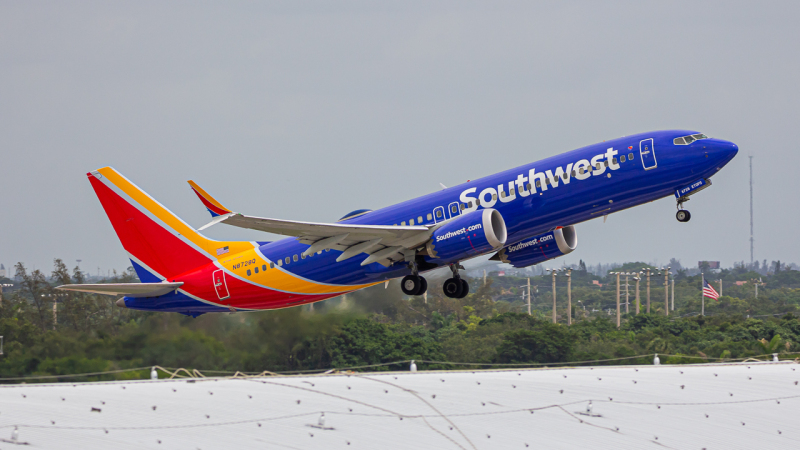
$30 Million Investment in LanzaJet
Southwest and LanzaJet will collaborate on developing a SAF production facility and helping SAFFiRE's cellulosic ethanol become SAF. LanzaJet will develop a facility somewhere in the U.S., while Southwest will be the anchor SAF offtaker. The company's technology can scale SAF production to the levels required to decarbonize aviation and help the industry reach a goal of net zero emissions by 2050. LanzaJet will also assist Southwest with commercializing SAFFiRE's technology, which converts corn stover into cellulosic ethanol.
LanzaJet's CEO Jimmy Samartzis said about Southwest's investment:
"The U.S. is an incredibly important market for us – it's our home, where our technology originated and scaled, the site of our and the world's first commercial ethanol-to-SAF plant, and an important opportunity to support the existing U.S. biofuels and ethanol industries with our leading ethanol-to-SAF technology."
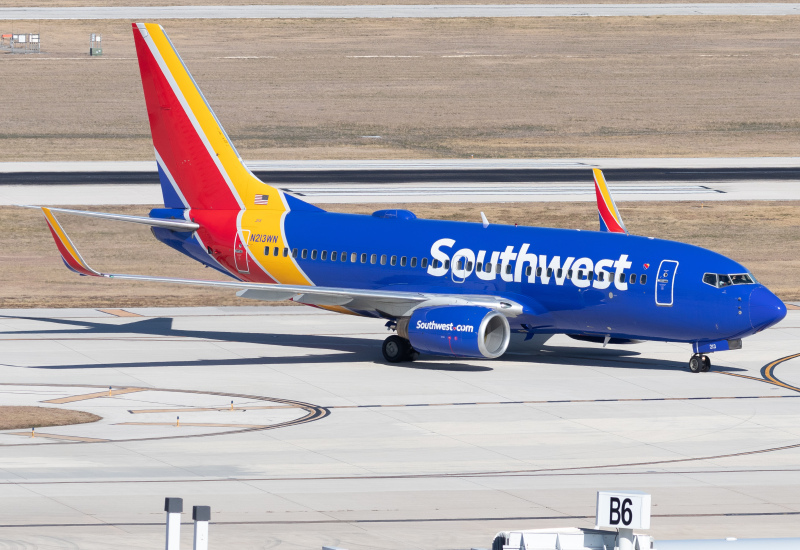
"The alignment of Southwest and LanzaJet is a powerful combination that has the potential to integrate the SAF value chain and to double-down on the U.S. ethanol, aviation, and biofuel industries. Our work together will lead us closer to meeting aviation's decarbonization goals by continuing to scale SAF production in the United States, while also tapping into the U.S. ethanol industry's potential to catalyze the next generation of SAF production."
LanzaJet's newly announced facility will convert SAFFiRE's cellulosic ethanol into SAF. Southwest's $30 million investment comes one month after LanzaJet opened the world's first commercial-scale plant converting ethanol to SAF. The LanzaJet Freedom Pines Fuels plant in Georgia will produce SAF and renewable diesel from ethanol in a low-carbon manner. The company aims to produce one billion gallons of SAF by 2030.
Maldivian Airlines Introduces First-Ever Widebody Aircraft, Plans New China Flights » Thousands of Flights Impacted as Winter Storm Blair Hits U.S. » Bomb Threat Cancels Air New Zealand Flight, Delays Passengers »
Comments (0)
Add Your Comment
SHARE
TAGS
NEWS Southwest Airlines LanzaJet SAF Sustainable Aviation Fuel Innovation Sustainability Investment FinanceRECENTLY PUBLISHED
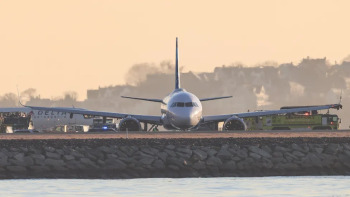 Could You Survive a Plane Crash? The Unlikely Science of Plane Crash Survival
With air travel consistently being heralded as the safest form of public transport, most of us do not board a plane pondering our chances of survival in the event of a crash. But, is it possible to survive one?
INFORMATIONAL
READ MORE »
Could You Survive a Plane Crash? The Unlikely Science of Plane Crash Survival
With air travel consistently being heralded as the safest form of public transport, most of us do not board a plane pondering our chances of survival in the event of a crash. But, is it possible to survive one?
INFORMATIONAL
READ MORE »
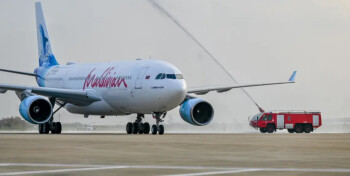 Maldivian Airlines Introduces First-Ever Widebody Aircraft, Plans New China Flights
Maldivian, the government-owned national airline of the Maldives, has just welcomed its first-ever wide body aircraft: the Airbus A330-200. With the new aircraft, the carrier also plans brand-new long haul international flights to China.
NEWS
READ MORE »
Maldivian Airlines Introduces First-Ever Widebody Aircraft, Plans New China Flights
Maldivian, the government-owned national airline of the Maldives, has just welcomed its first-ever wide body aircraft: the Airbus A330-200. With the new aircraft, the carrier also plans brand-new long haul international flights to China.
NEWS
READ MORE »
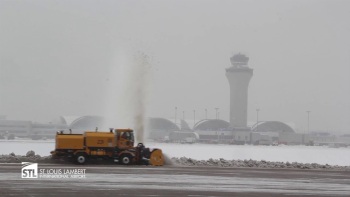 Thousands of Flights Impacted as Winter Storm Blair Hits U.S.
Winter Storm Blair has unleashed a huge blast of snow, ice, and freezing temperatures across the Central and Eastern United States.
As of Sunday afternoon, over 6,700 flights and counting have been disrupted. This includes cancelations and significant delays leaving passengers scrambling to change flights and adjust travel plans.
NEWS
READ MORE »
Thousands of Flights Impacted as Winter Storm Blair Hits U.S.
Winter Storm Blair has unleashed a huge blast of snow, ice, and freezing temperatures across the Central and Eastern United States.
As of Sunday afternoon, over 6,700 flights and counting have been disrupted. This includes cancelations and significant delays leaving passengers scrambling to change flights and adjust travel plans.
NEWS
READ MORE »





